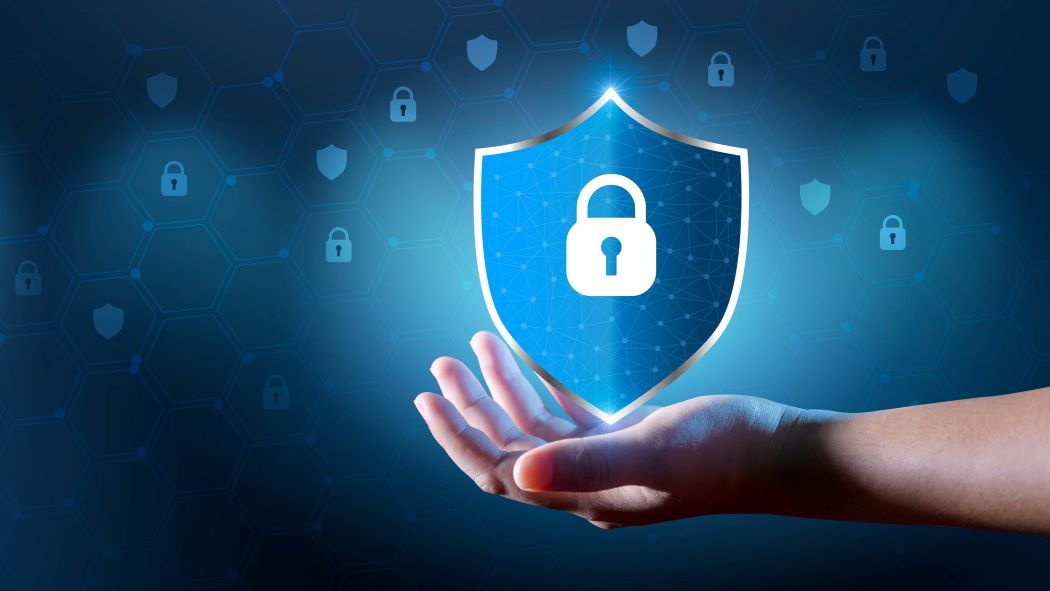Scams are rampant in today’s world, in health care and other areas. While anyone of any age can be targeted, older adults are particularly at risk. Last year, fraud cost U.S. seniors more than $1.5 billion. Here is some advice that can help older adults – and younger people, too – protect themselves from scams.

Scams are rampant in today’s world, in health care and other areas. While anyone of any age can be targeted, older adults are particularly at risk. The overwhelming majority of fraud victims are seniors, and their losses totaled more than $1.5 billion in 2021.
“Scammers are constantly coming up with new ways to target people, using personal tactics to deceive their intended victims,” said Blake Amos, who oversees customer retention and experience with Cigna's Medicare Advantage business. “With that in mind, it’s important for older people and their caregivers to learn how to sniff out suspicious activity, including with their health care coverage,” he said. Read on for his tips on ways to avoid being victimized.
1. Verify Callers’ Identity
Be on guard when the phone rings and your insurance company seems to be on the line. Scammers can sound official, they may have personal information such as your name and address, and they may invent a reason that makes you think you need to act immediately. Never feel that you must release personal information over the phone, particularly to an unknown caller, and don’t let callers intimidate you.
Medicare and Medicare Advantage plans must have your permission to call you. Even when that’s the case, be alert to the possibility of fraud – many callers are not who they seem, and they may have manipulated the caller ID feature to make the call look like it came from your insurance company. If you suspect a scam, hang up and call your insurer, using the phone number on the back of your customer identification card.
2. Guard Your ID Card
Protect your Medicare ID just like you safeguard your credit cards and Social Security card. Don’t believe callers who promise you something in exchange for your Medicare card number – this is a common scam.
When you’re out and about, don’t show your Medicare ID to obtain information or anything else at public events like health fairs. If something is advertised as “free,” you shouldn’t have to provide your insurance card. And finally, never let anyone else use your card to obtain health care – that is against the law.
3. Get What You Pay For
Your insurer provides statements in the mail or online (or both) whenever you use a covered health care service. Look carefully at each of these statements to ensure they reflect your visit accurately. To help you remember, keep a calendar of your visits, with notes about what occurred during each one. If an insurance statement includes a visit or service you didn’t receive, notify your provider immediately and/or call the number on the back of your insurance card. You can also call 1-800 MEDICARE (1.800.633.4227).
4. Be Alert Online
While many older adults are adept at using the internet, phone apps, and other digital tools, others are less comfortable with technology. No matter how much or little time you spend online, always approach the internet with caution. Don’t overshare on social media sites. Information like your birth date, city where you were born, and the names of family members – commonly requested in “fun” quizzes on Facebook and other social media sites – can be used to figure out your passwords or steal your identity.
Also be wary of unsolicited emails. Just as scammers can “spoof” phone numbers to make you think a call is from someone you know, they can copy logos and language that make their emails look official. Compare the email address with the sender’s name to see if they match, look for misspellings, and never click on embedded links in an email unless you are certain the sender is legitimate.
5. Be Aware of Fake Medication Scams
Many older adults take multiple medications, making them particularly vulnerable to the growing counterfeit drug industry that operates online. These fraudulent drugs look authentic but may contain the wrong ingredients, incorrect quantities, or no active ingredients – any of which can be harmful to your health. To avoid this possibility, be careful of offers that seem too good to be true, and make sure you are using a licensed pharmacy. If you need guidance, your insurer or your doctor’s office can connect you with a pharmacy and identify ways to safely maximize your benefits.
Eight Words to Remember
These five tips can be summed up in eight words: Always remain alert and protect your personal information.
“We all want to assume the best intentions of others,” Amos said. “We don’t want to become jaded or be too cynical, but we don’t want to be a victim either. It’s perfectly acceptable to be a little skeptical of strangers to potentially avoid pain and aggravation down the road.”
If you think you have been the victim of Medicare or other health care fraud, report it immediately by contacting your insurance company or state insurance fraud bureau. You can also call the U.S. Department of Health and Human Services’ tips hot line at 1.800.HHS.TIPS (1.800.447.8477) or HHSTips@oig.hhs.gov.
“By doing so, you can play an important role in helping to cut health care costs for everyone, and you might even be able to prevent others from becoming victims,” Amos said.

Cigna Medicare Plans
We make it easy to find Medicare coverage that’s right for you, with guidance from start to finish, flexible coverage options, and more.